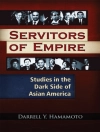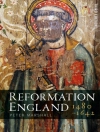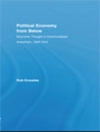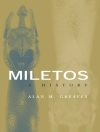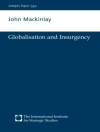What do we mean by liberalism or liberal history? It seems that every scholar in the social sciences would like to define liberalism in their own way. Certainly there is plenty of room for differences of opinion on this matter. But defining any “-ism” requires circumscribing a set of beliefs or drawing lines in such a way as to connect ideas that we believe form a coherent tradition.
Liberal history is primarily concerned with ideas and with the reasons why individuals acted as they did in the past. Liberal historians prefer to study themes of power and liberty, particularly as they relate to the rise and fall of political systems that protect liberties and individual rights. As the selections in this reader show, the liberal approach to the past is generally skeptical of laws of history and suggestions of historical determinism.
About the author
Michael J. Douma is an assistant research professor at Georgetown University’s Mc Donough School of Business, where he is also the director of the Georgetown Institute for the Study of Markets and Ethics. He is a coauthor of What Is Classical Liberal History? (Lexington Books, 2017) and the author of Creative Historical Thinking (Routledge, 2018).


